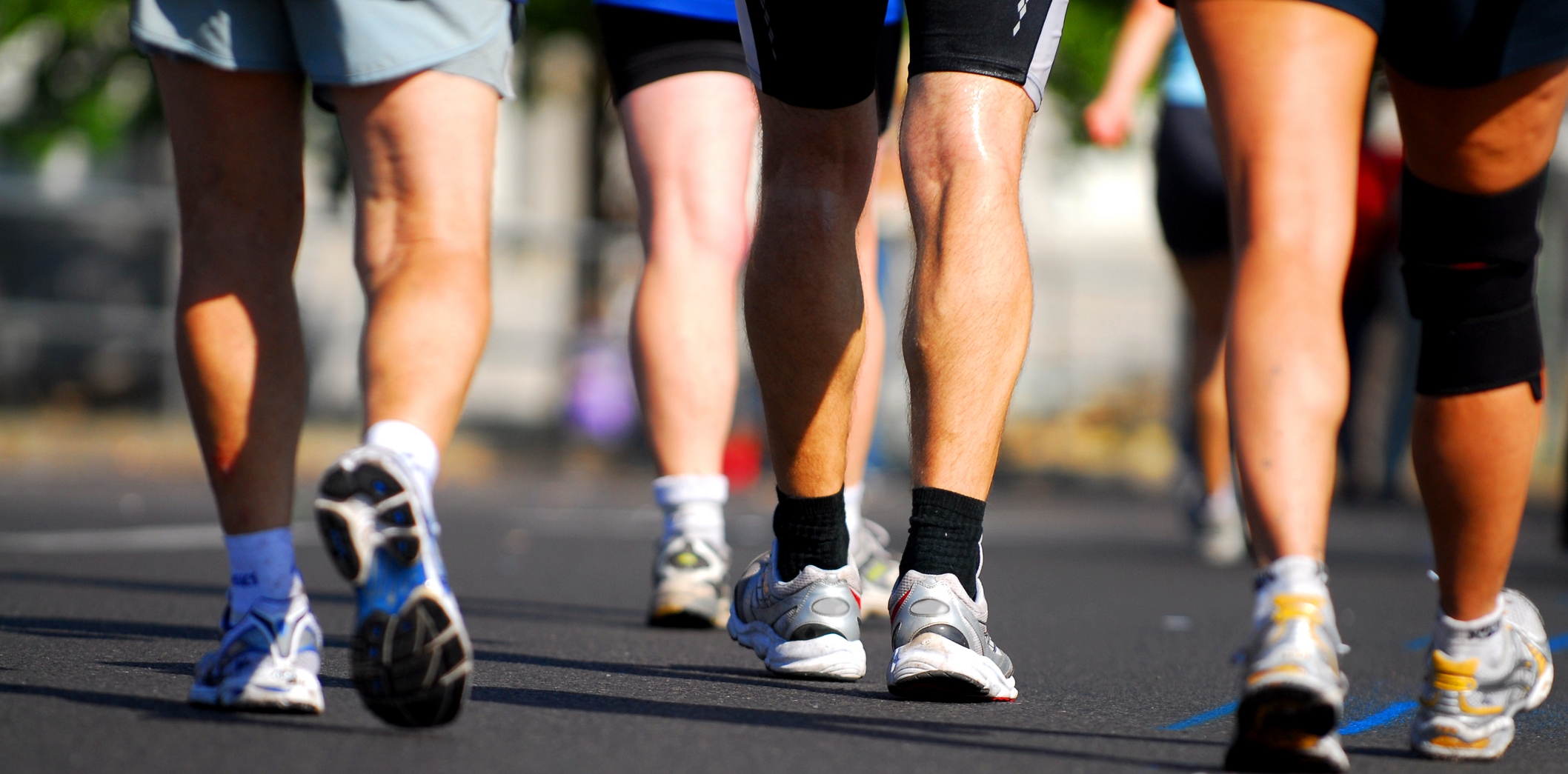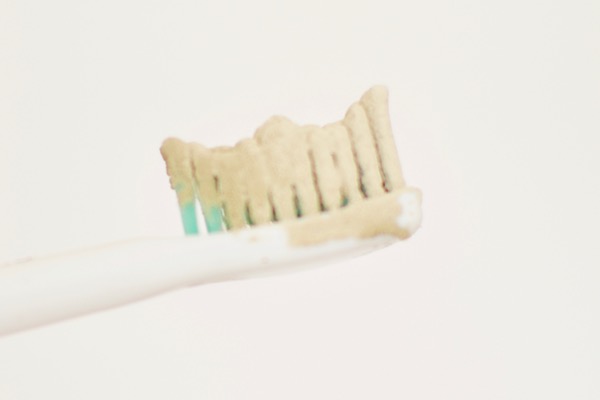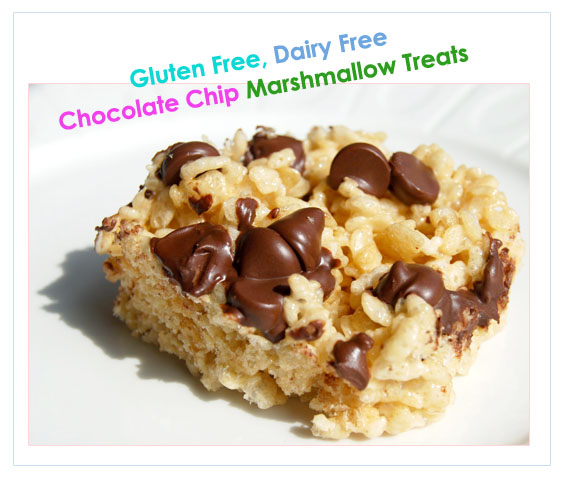Every wonder why dairy causes gas? Mystery unraveled.
Dairy products like milk, cheese, yogurt, and cream are some of the tastiest foods around and a cornerstone of the western diet– but like most lactose sensitive or beyond people know, dairy causes gas.
Despite the many benefits of dairy products (healthier bones, more protein, healthier teeth, more Vitamin D, etc.), there is a definitely a drawback when it comes to gas and bloating. A surprising number of people suffer from indigestion and gas when they eat dairy products.
So what’s causing the problem? Want to know why dairy causes gas? The answer is usually fairly simple: lactose sensitivity or intolerance.
What is Lactose Intolerance
Simply put, lactose intolerance is an inability to break down, digest, and absorb the lactose in dairy products. Lactose is a natural form of sugar found in milk, which means that it’s in cheese, cream, yogurt, and anything else made from milk. To the average person, lactose is nothing more than another nutrient in the dairy products. To the lactose intolerant, however, it can be the precursor to gas and discomfort!
You see, when the dairy products reach your intestines, they are separated into individual nutrients to be absorbed by the body. The lactose is treated by a digestive enzymes called lactase. Lactase splits lactose into two sugars (galactose and glucose), which can then be absorbed by your body and turned into energy.
However, the lactose intolerant do not have the natural enzyme lactase, or there isn’t enough lactase in their bodies to properly digest the lactose. This means that the lactose is NOT broken down into smaller, easier to absorb sugars. The larger lactose cannot be absorbed into the body, and thus it continues its journey down the digestive tract.

READ MORE: 10 Non-Dairy Sources of Calcium
This is when the problems set in! The bacteria in your intestines feed off sugar, but the byproduct of sugar consumption is gas. The more sugar there is, the more gas is released. For the lactose intolerant, the large clumps of lactose are like a massive food dump for their intestinal bacteria. The bacteria has a field day and feeding frenzy, and the result is serious gas production.
At first, the gas may not be a problem, as the intestinal tract has a way to relieve the pressure (it’s called farting!). However, the more the bacteria consume the lactose, the more gas is produced. The gas can build up in your intestines, pushing against the intestinal walls. This not only leads to bloating (swelling of your stomach or intestines), but it can cause serious discomfort.
The short-term consequences of lactose intolerance can be bad (think pain and bloating), but the long-term consequences are even worse. Seeing as the dairy products aren’t properly broken down, your body is unable to digest all of the nutrients from the dairy. This means that the calcium in the milk and dairy products are not absorbed, and your bones suffer from a calcium deficiency. If you add a Vitamin D deficiency to the mix, you can suffer from pretty serious problems!
Thankfully, there are two solutions to lactose intolerance:
- Getting more vitamins and minerals elsewhere. There are many foods that contain calcium, and you can get more Vitamin D simply by spending time in the sun. Vitamin D and calcium supplements can help keep your bones healthy.
- Cut dairy products. The key to avoiding gas, pain, and bloating is to simply avoid dairy products. No milk, cheese, yogurt, or cream! This may be easier said than done, but it’s definitely worth it to avoid the pain of lactose intolerance.








